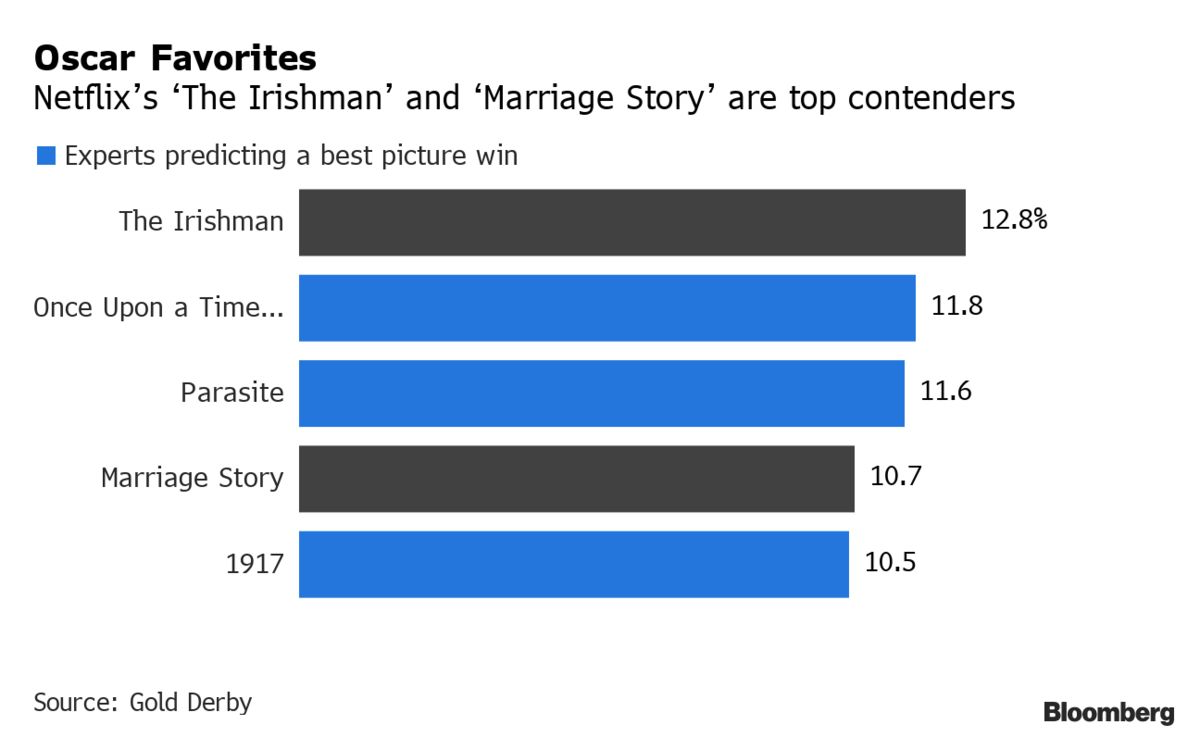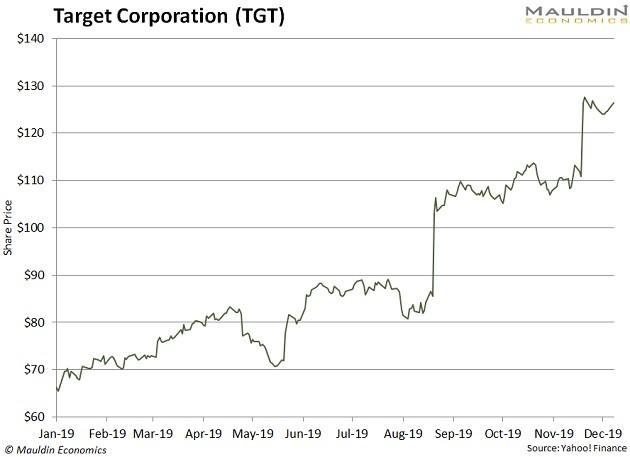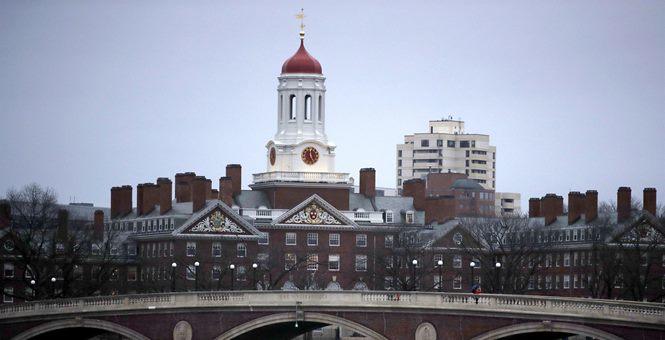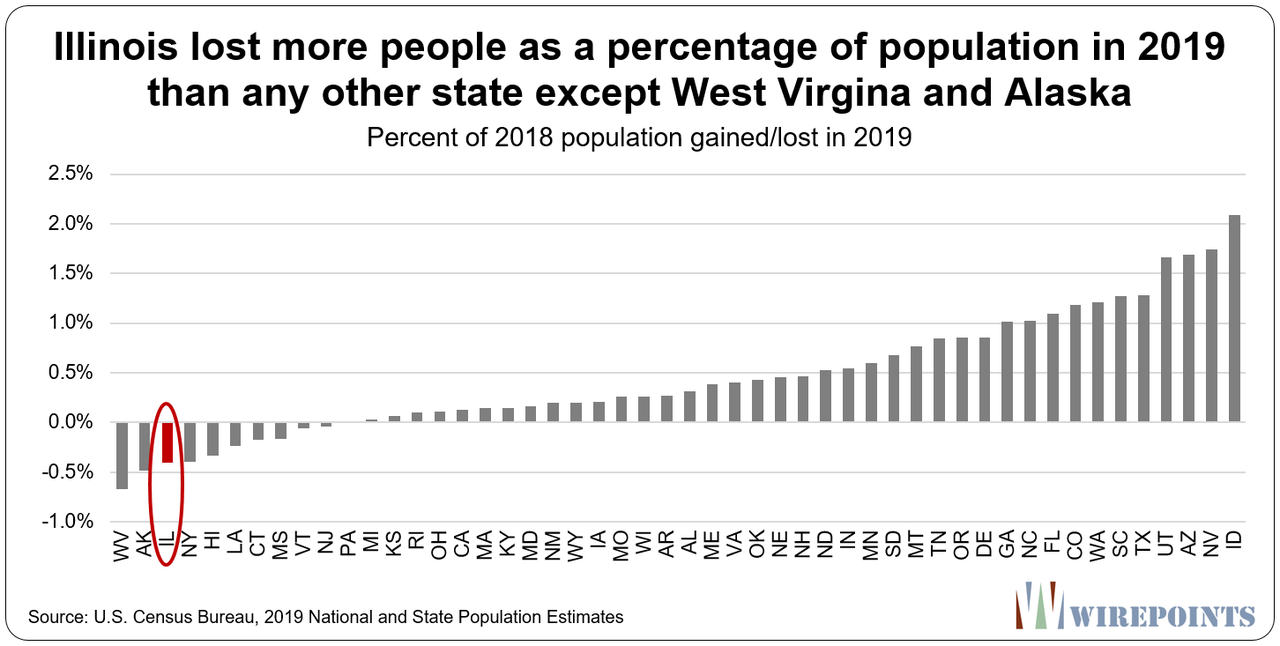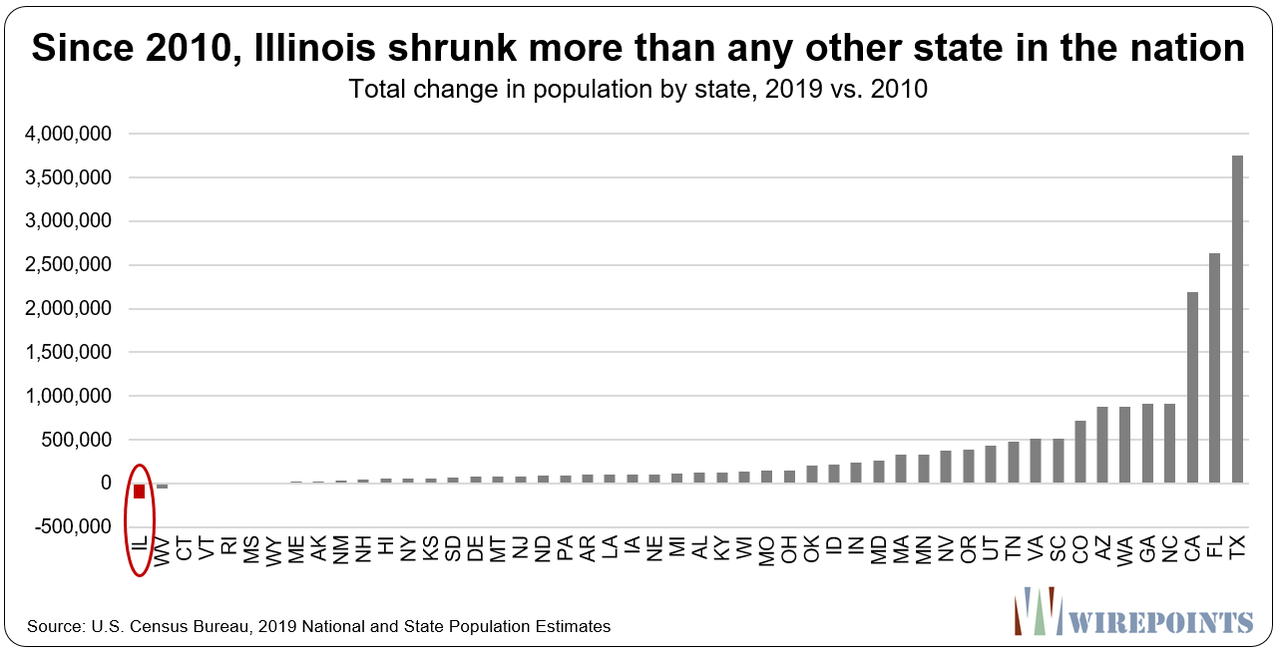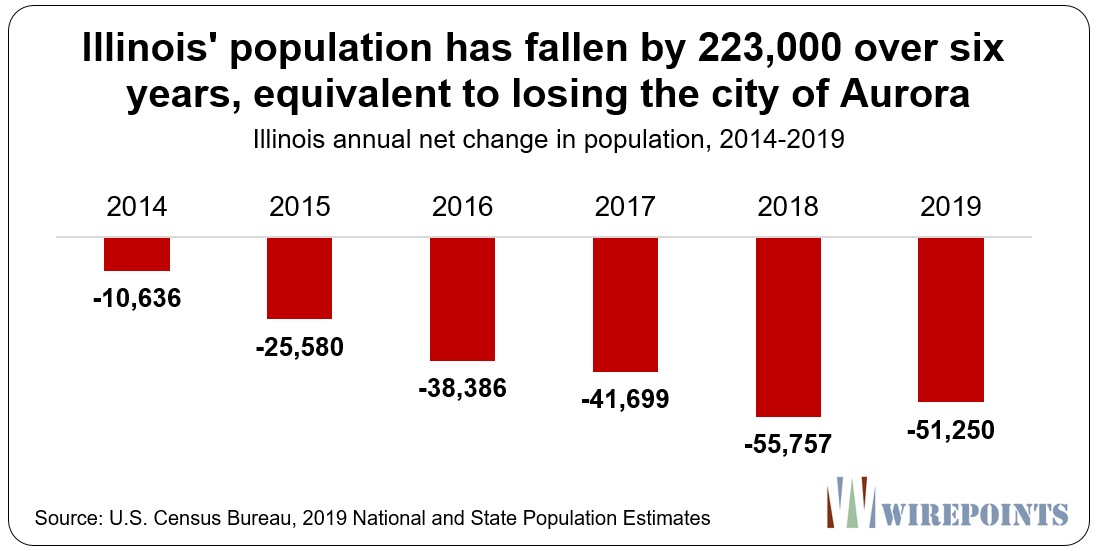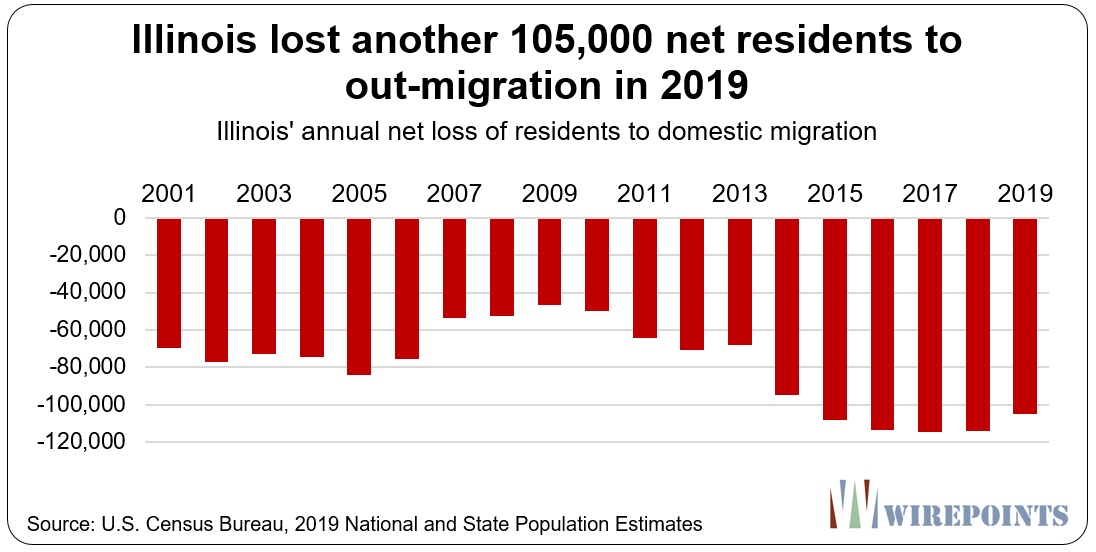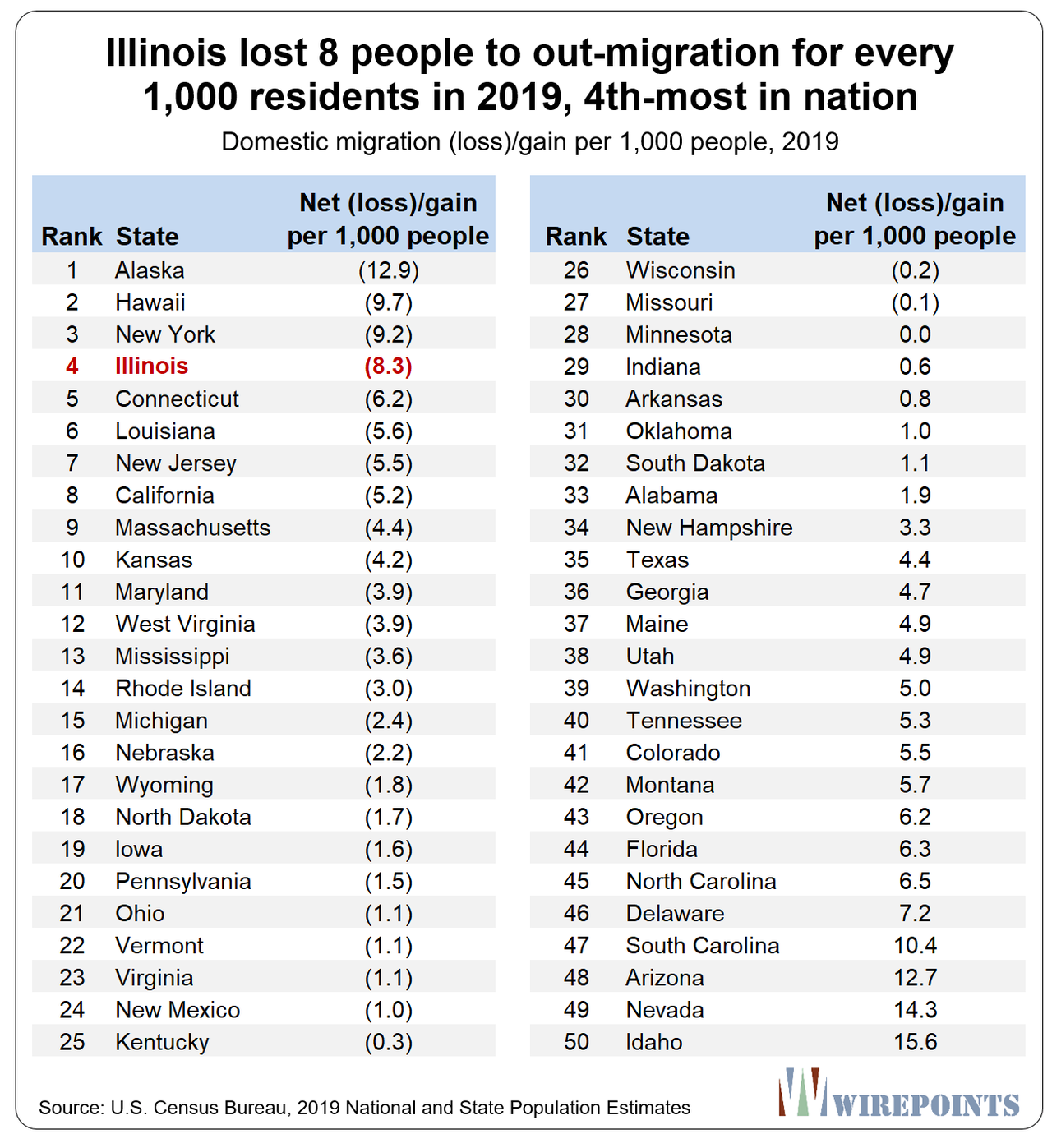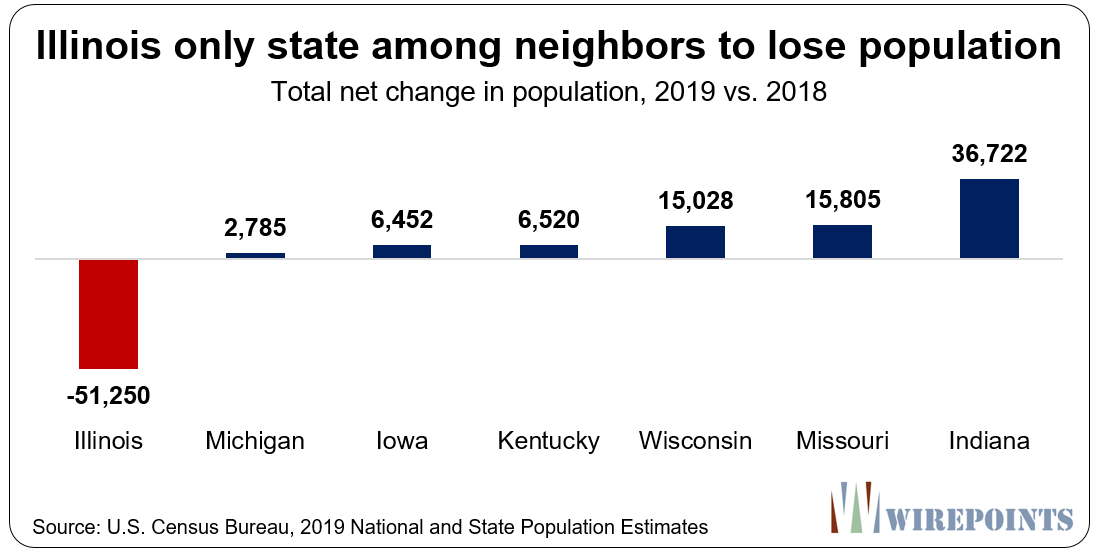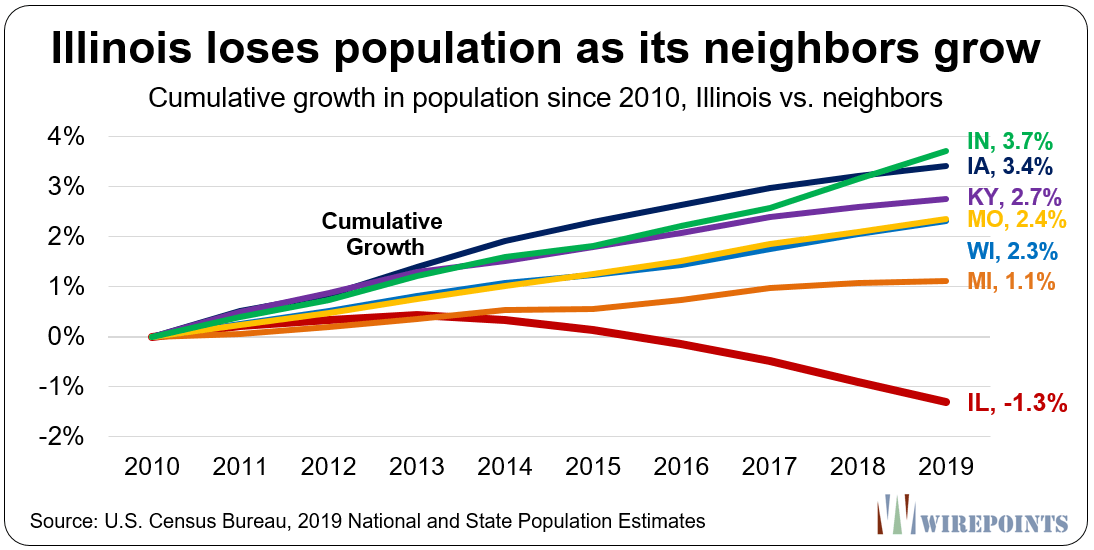Netflix Is Coming For Its “Best Picture” Oscar In 2020
Netflix has been crushing the film industry, as we noted in our piece out just hours ago highlighting the demise of the movie theater industry.
Now, the company may finally start getting its due as an official film studio, too, thanks to its memorable 2019, according to Bloomberg. It started the year by joining the Motion Picture Association of America and then went on to release memorable film hits like “The Irishman” and “Marriage Story”.
The year also included Eddie Murphy’s “Dolemite Is My Name,” which helped lead to Netflix doubling or tripling the output of most conventional Hollywood studios. Netflix executives are also now saying that the company’s financial targets rely on how well its movies do.
Scott Stuber, Netflix’s film chief said: “This fall was a nice culmination. I’m very proud of this slate. I can look you in the eye and say we’ve made as good movies this fall as anybody.”
Stuber joined Netflix after working in film for more than 20 years. He was asked to “build a movie studio from scratch” by Netflix’s Chief Content Officer, and that’s exactly what he did.
Prior to 2019, the company’s slate of films, including names like “The Ridiculous 6”, was mostly forgettable.
Its one critically acclaimed movie, “Beasts of No Nation”, from 2016, earned no nominations at the Academy Awards. Stuber said: “It was a company built on television — that was first and foremost.”
Now his past collaborators, including Dwayne “The Rock” Johnson and director Peter Berg are working with him at Netflix.
At his direction, Netflix has turned into the largest film studio in Hollywood – and it plans on continuing to release 50 to 60 films a year. “Bird Box” and “Murder Mystery” were two other hits, amassing more than 70 million views in their first month on the service. “Six of the 10 most-watched new titles on the service in the U.S. in 2019 were original films,” Bloomberg notes.
The studio has found a niche in films that Hollywood has abandoned, like adult dramas, romantic comedies and action movies without superheroes. And classic cinema buffs – like Martin Scorsese – have finally embraced Netflix.
The last piece of the puzzle for Netflix is the Oscars. Last year, Netflix saw 15 nominations, including for best picture, best director, best actress and best screenplay. The Best Picture Oscar eluded the studio.
But John Sloss, who produced “Green Book,” last year’s winner for best picture, admitted last year to Netflix’s Ted Sarandos that the hard part was over. This means in 2020, Netflix could be read for its first Best Picture Oscar.
“You did it. You got over the hump,” Sloss told Sarandos.
Tyler Durden
Wed, 01/01/2020 – 16:30
via ZeroHedge News https://ift.tt/39xv96Q Tyler Durden

